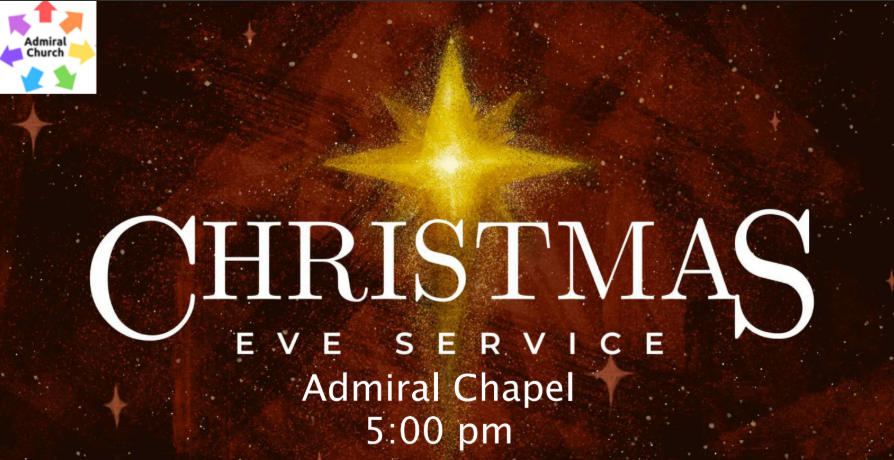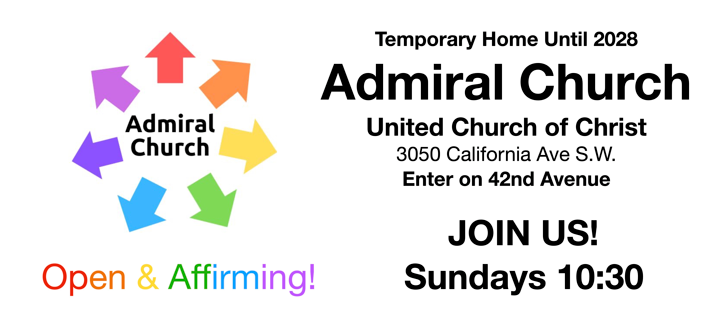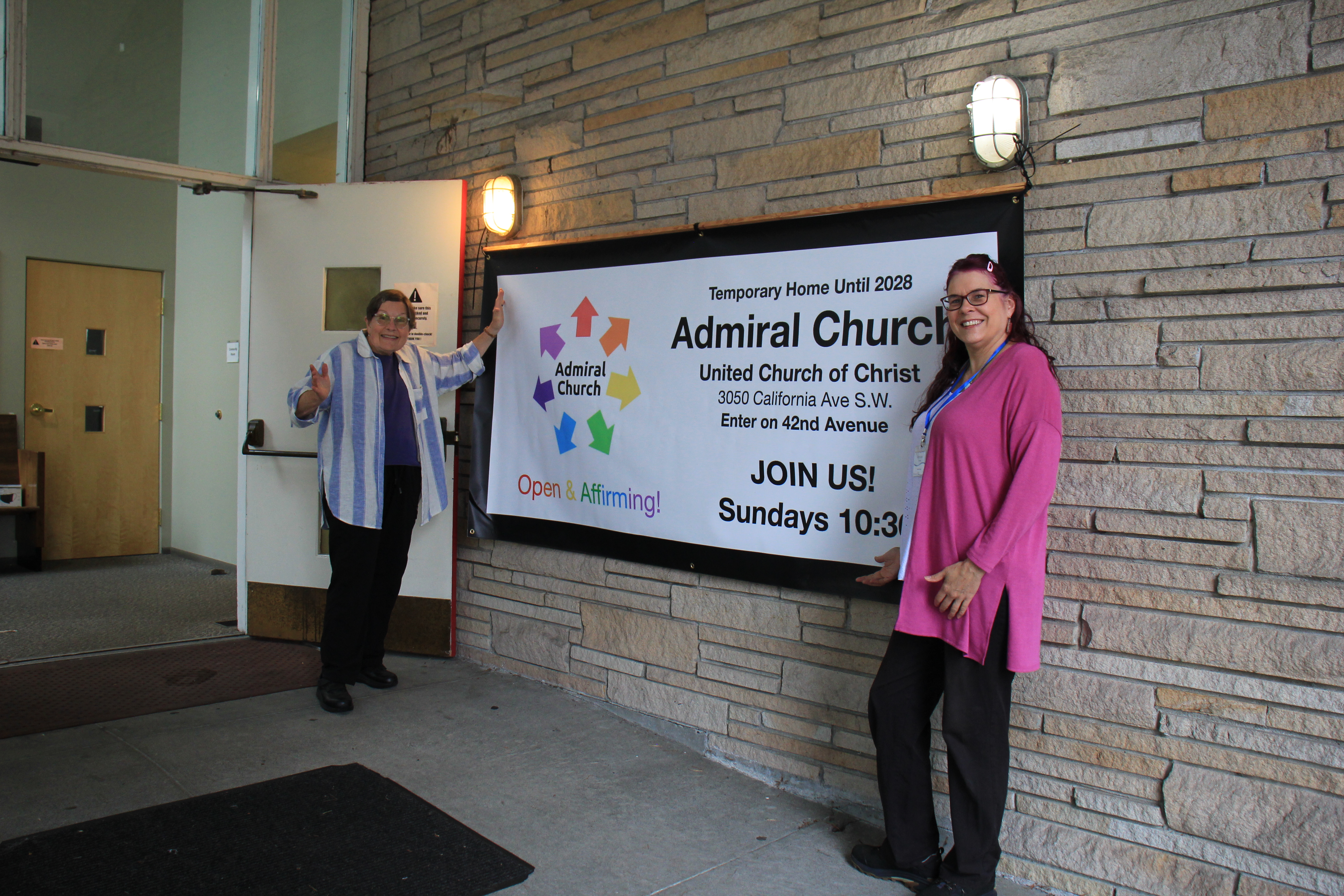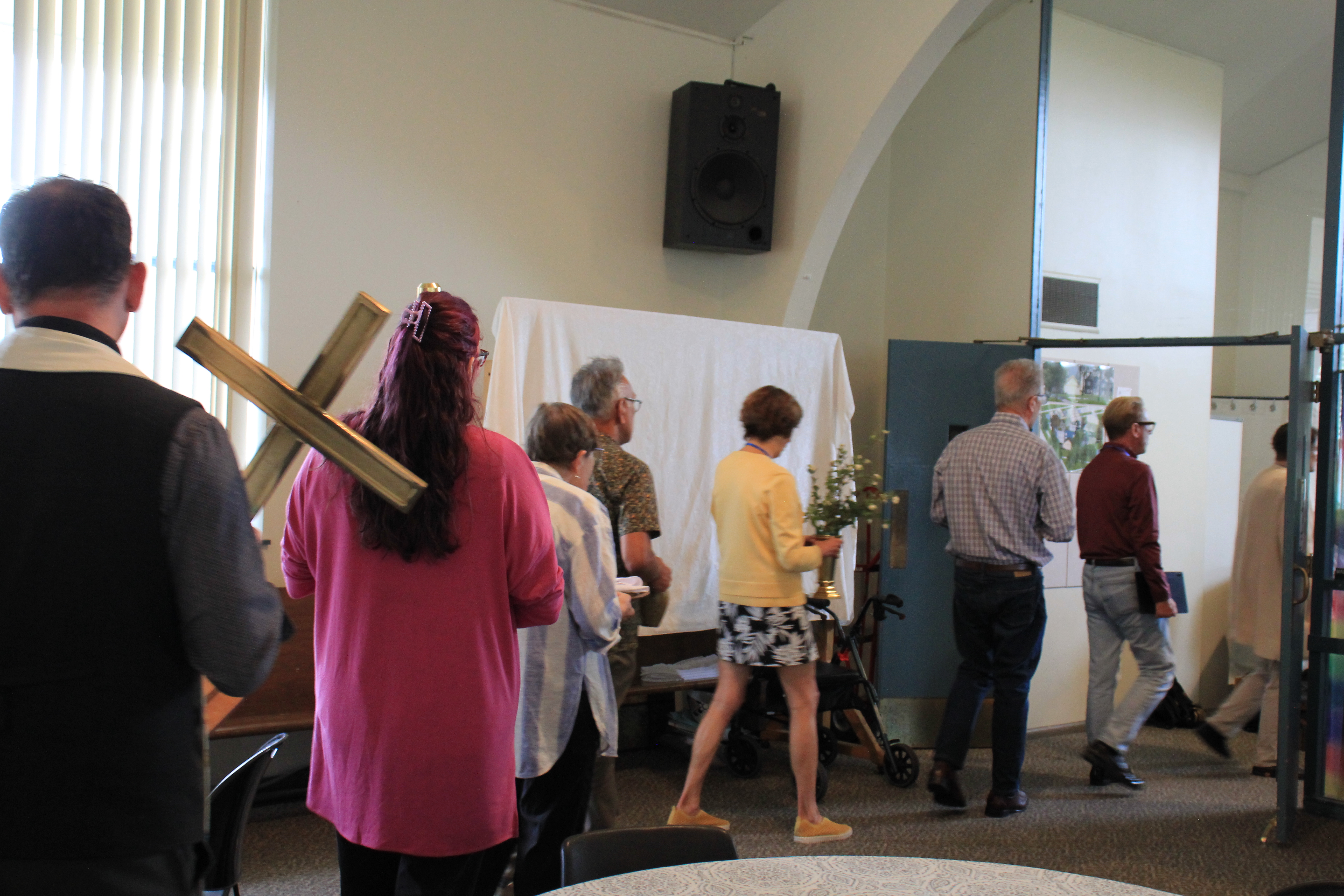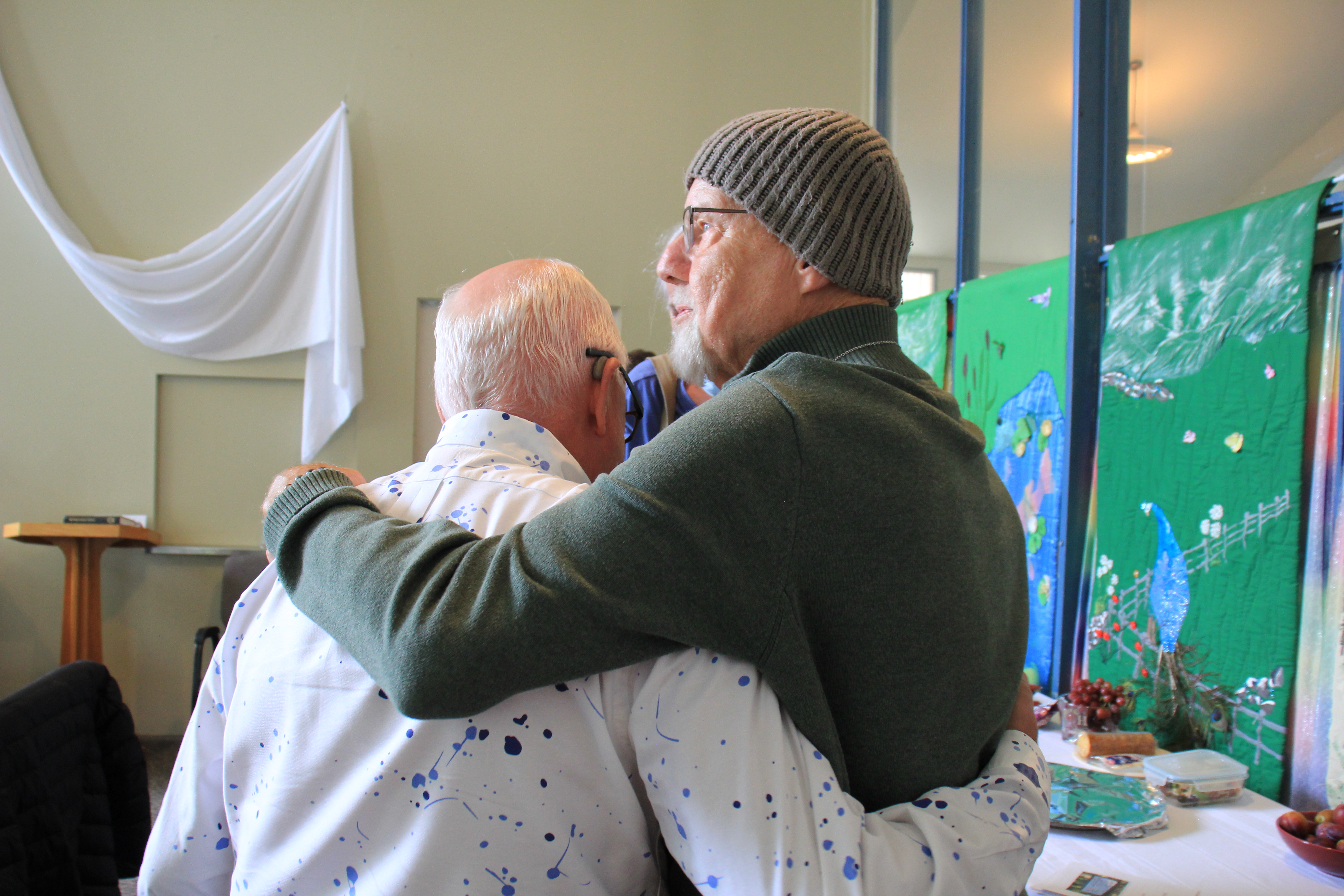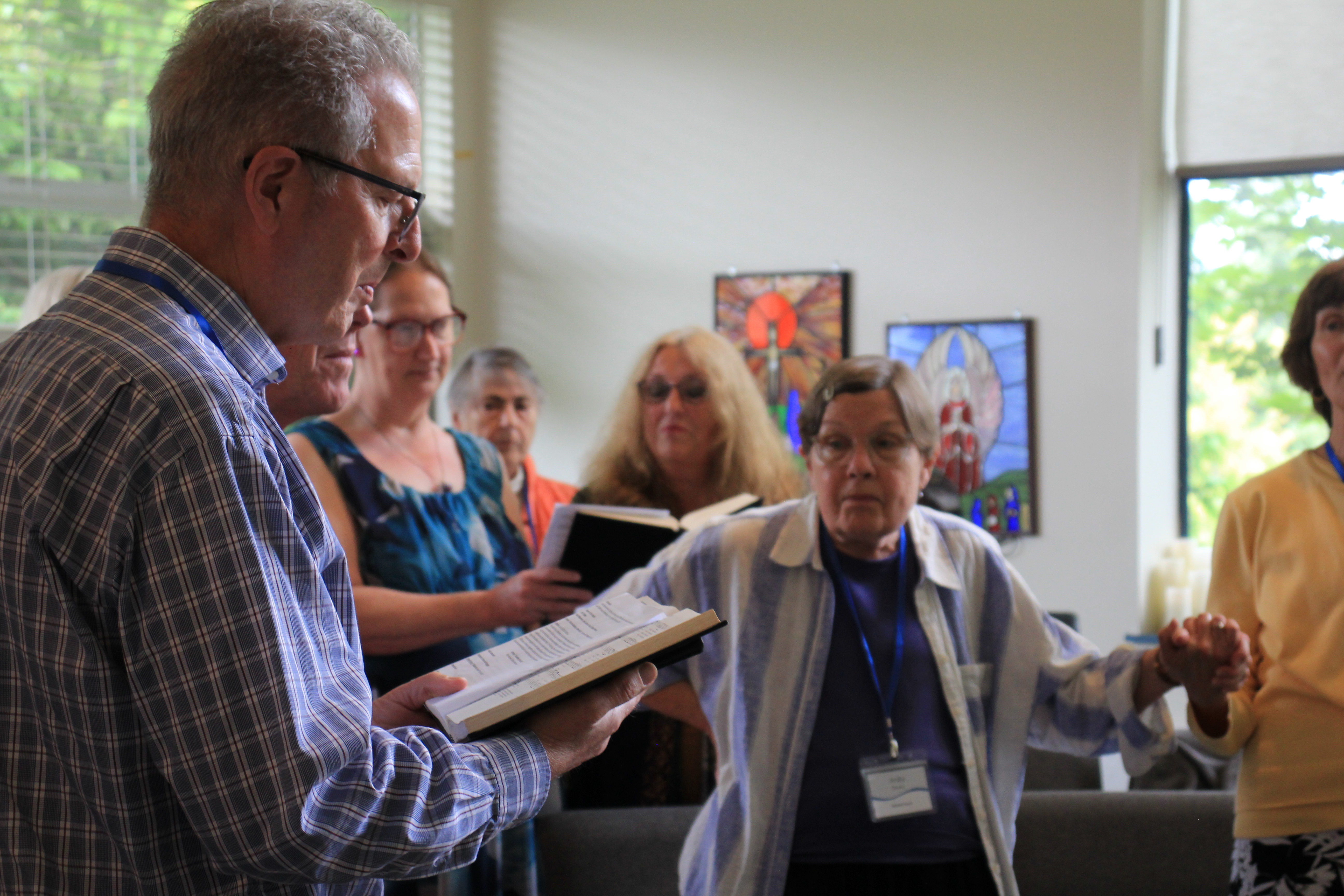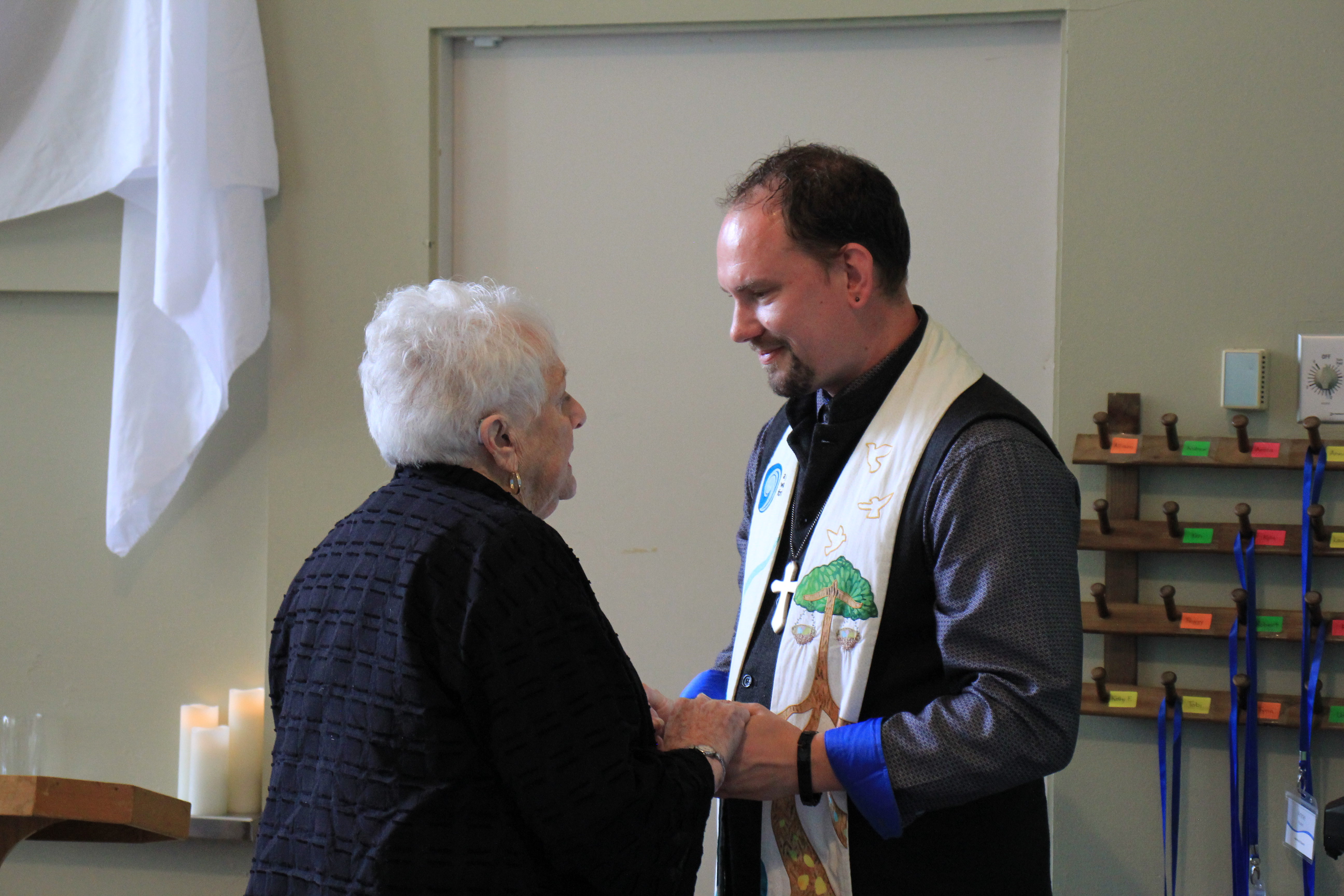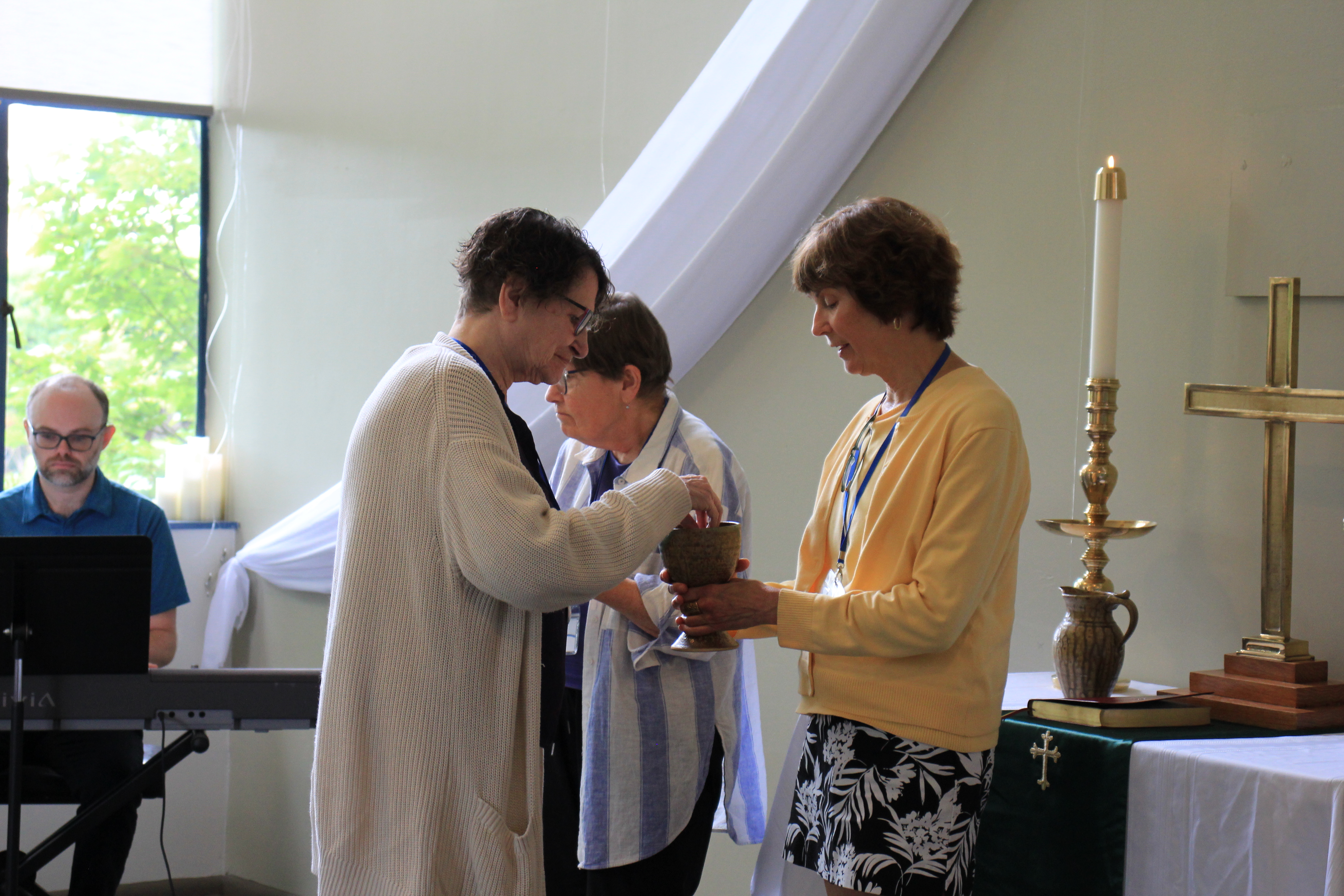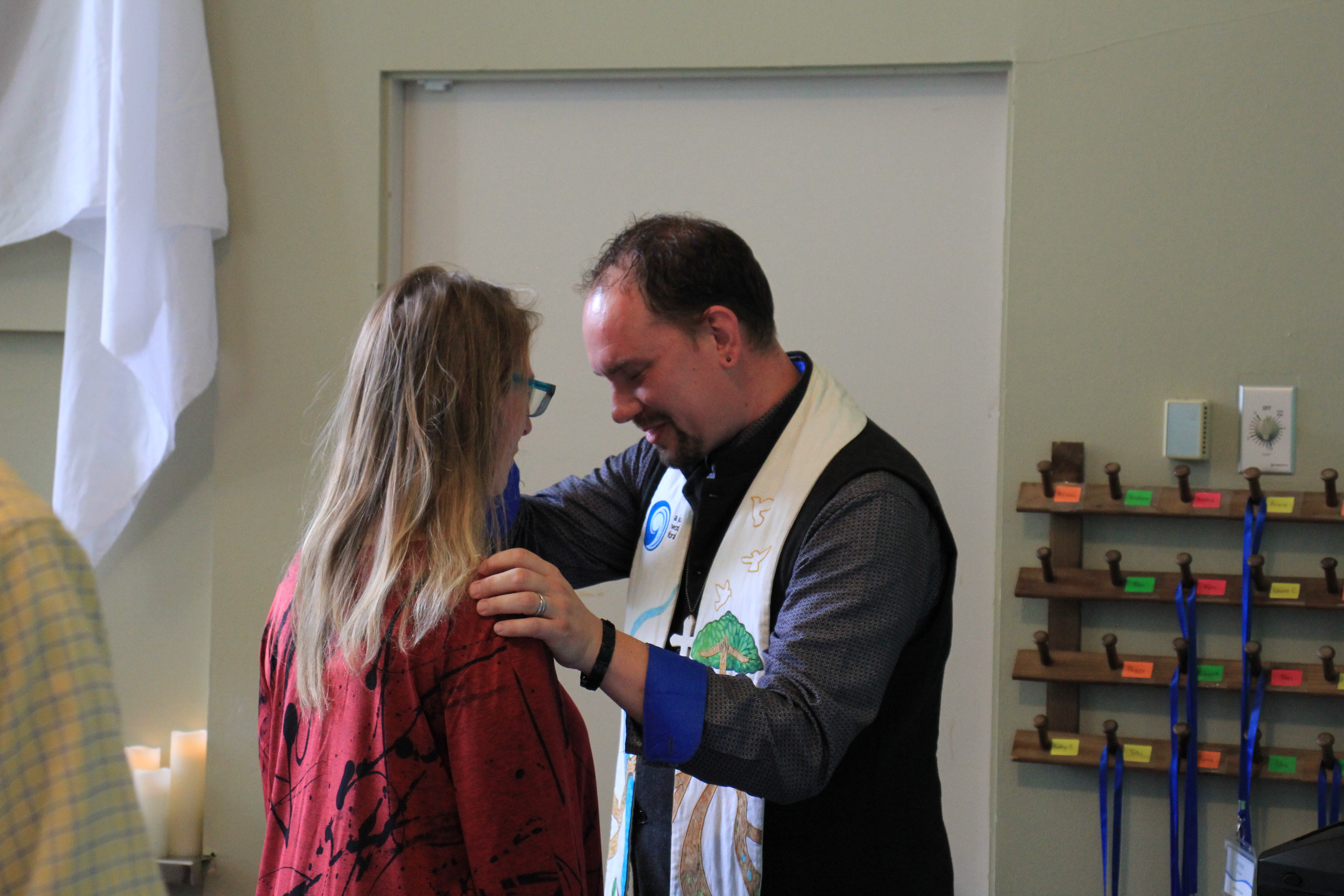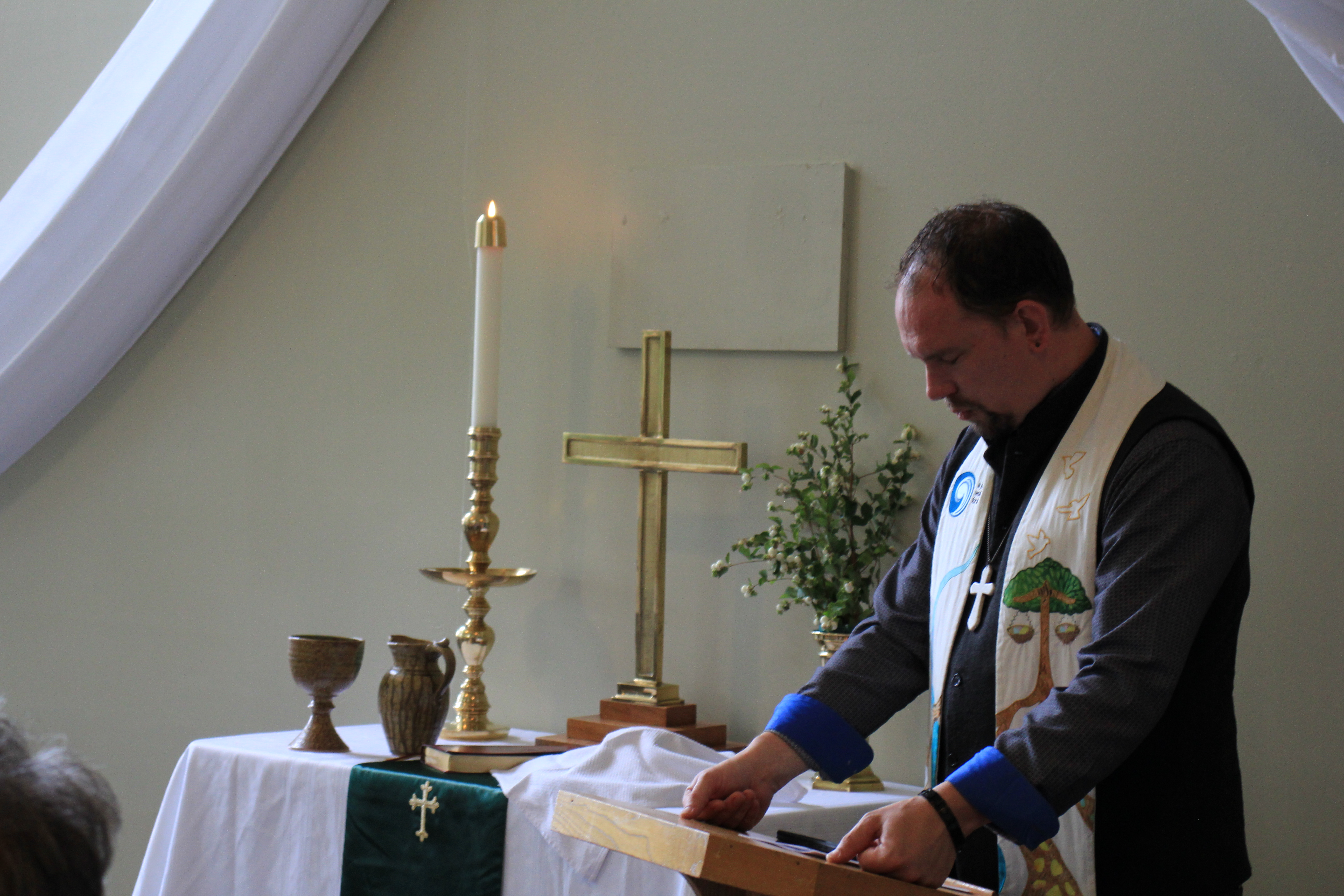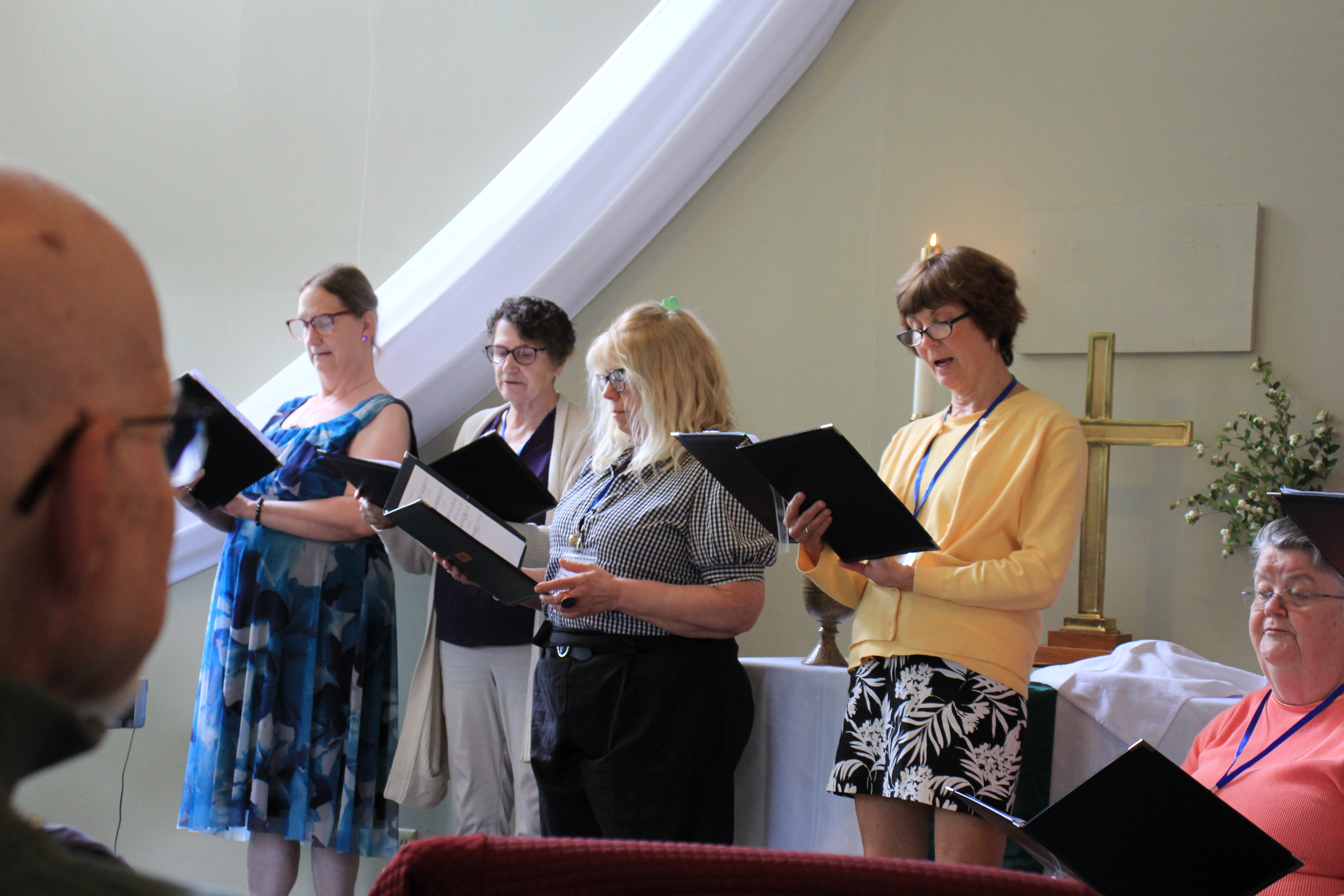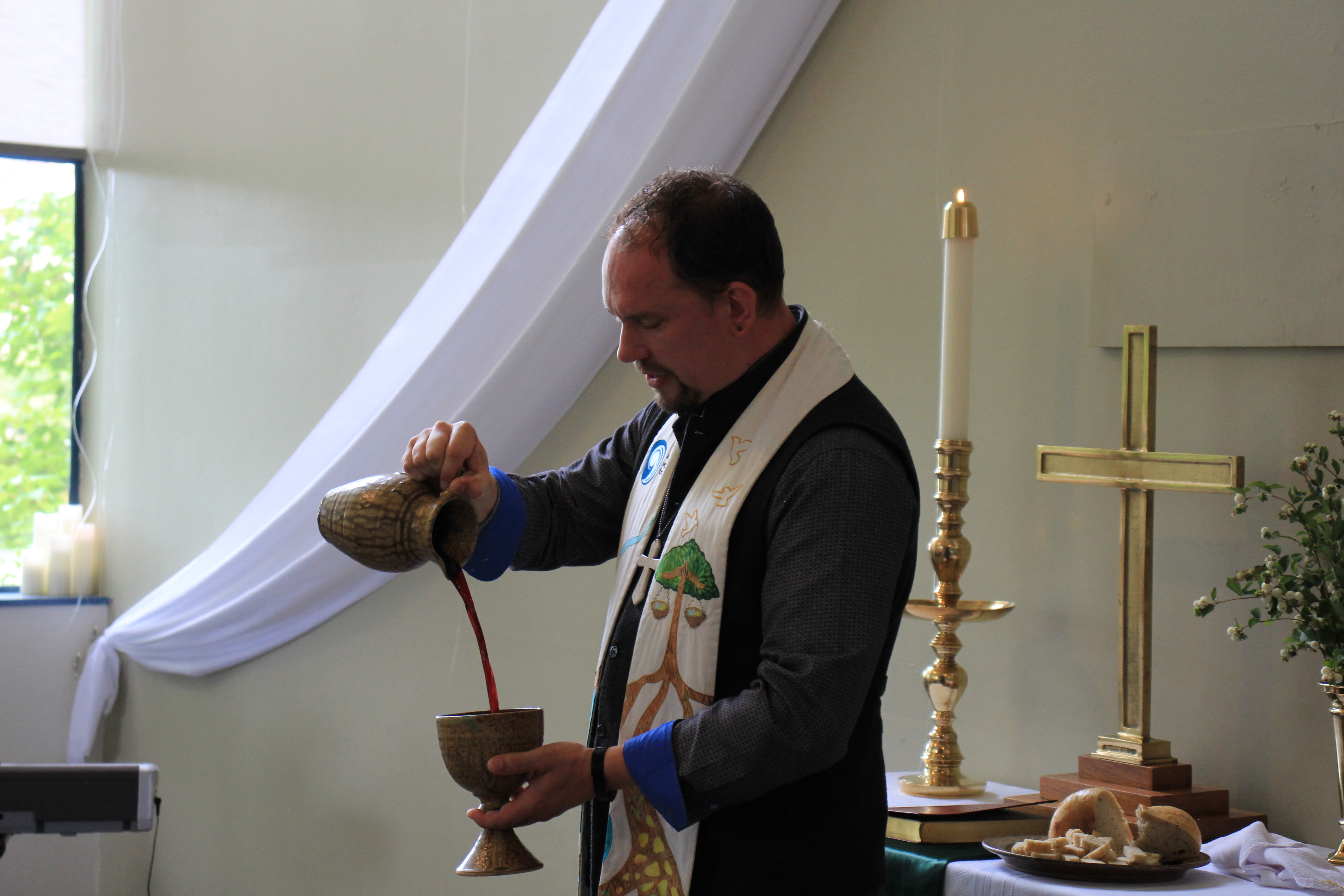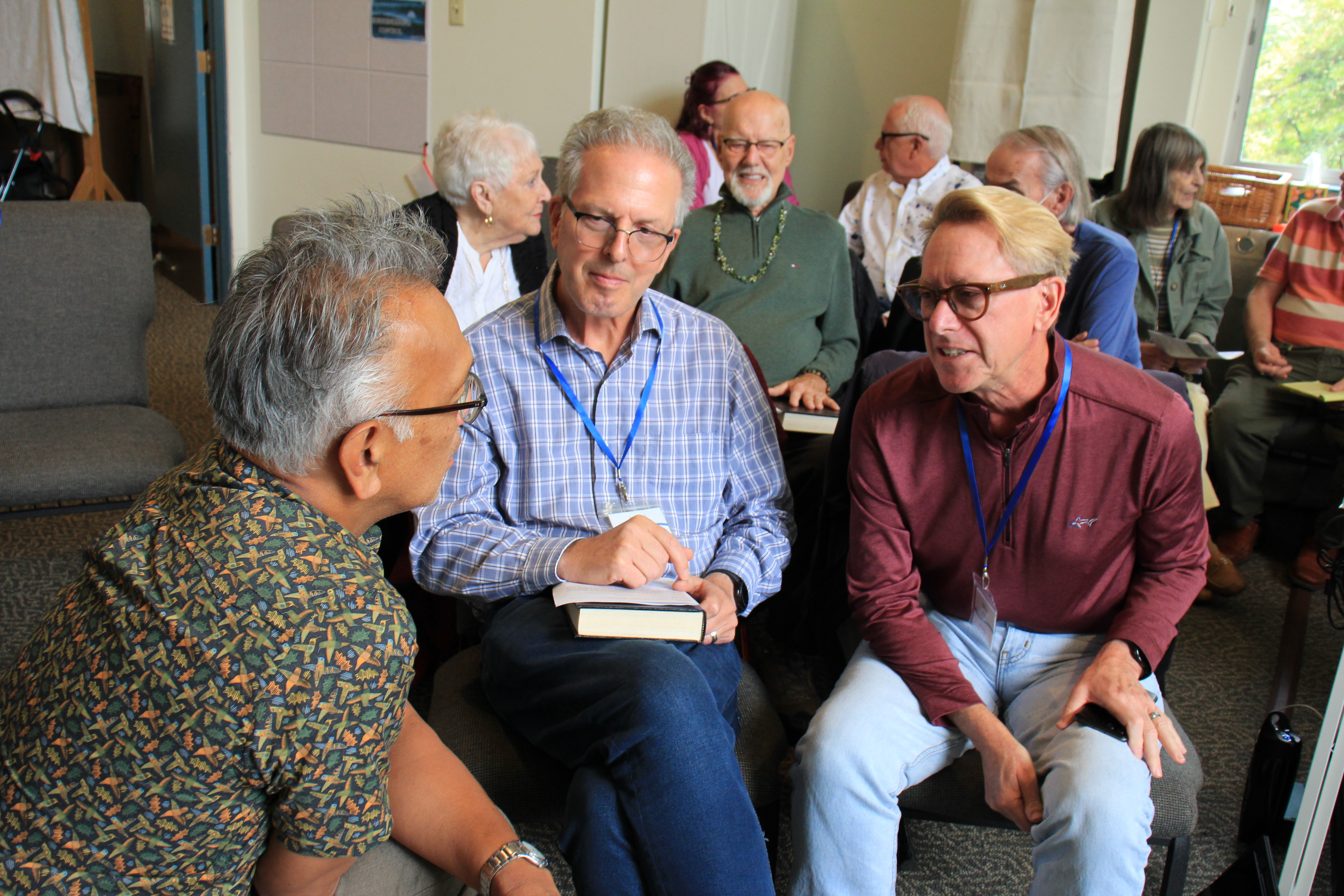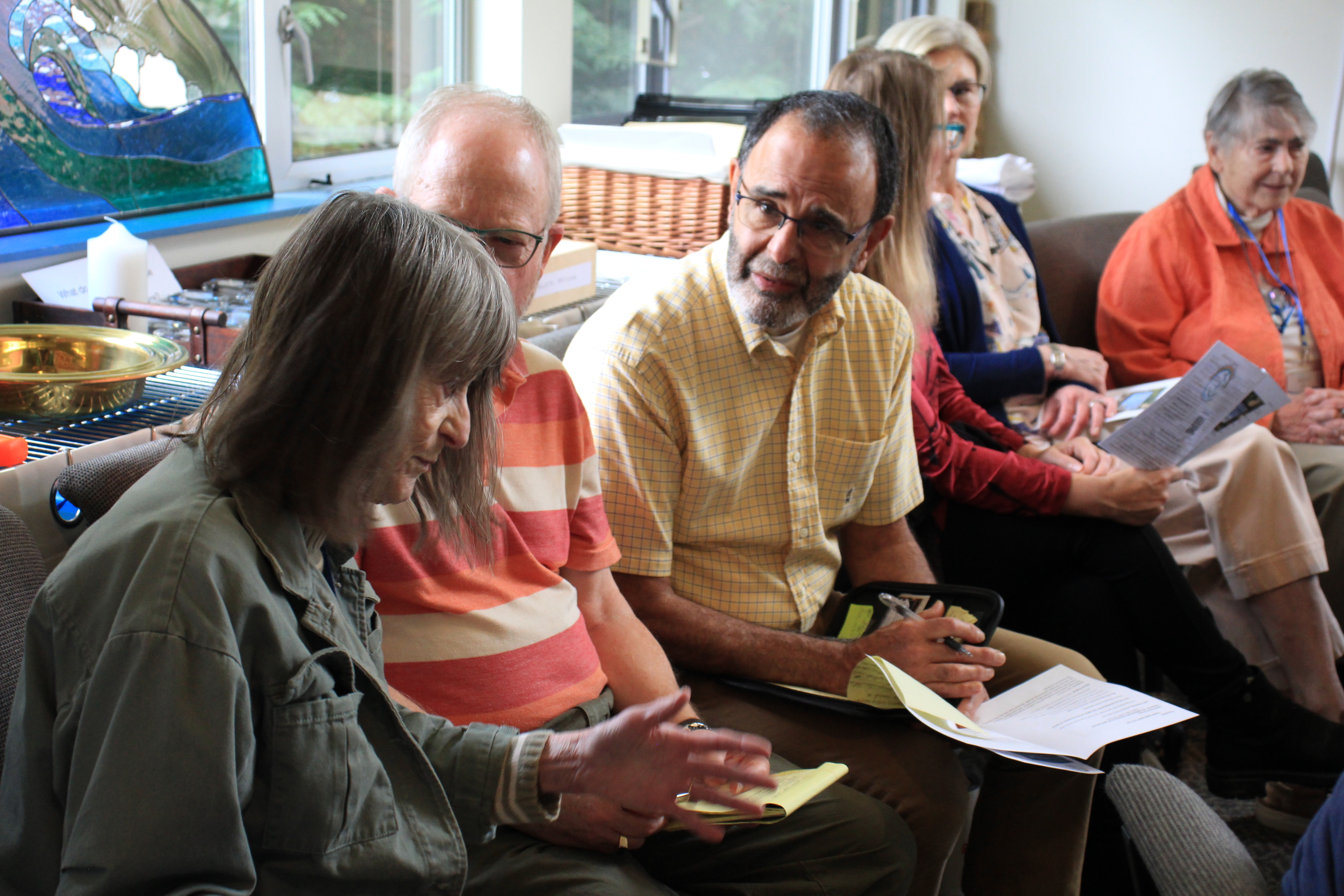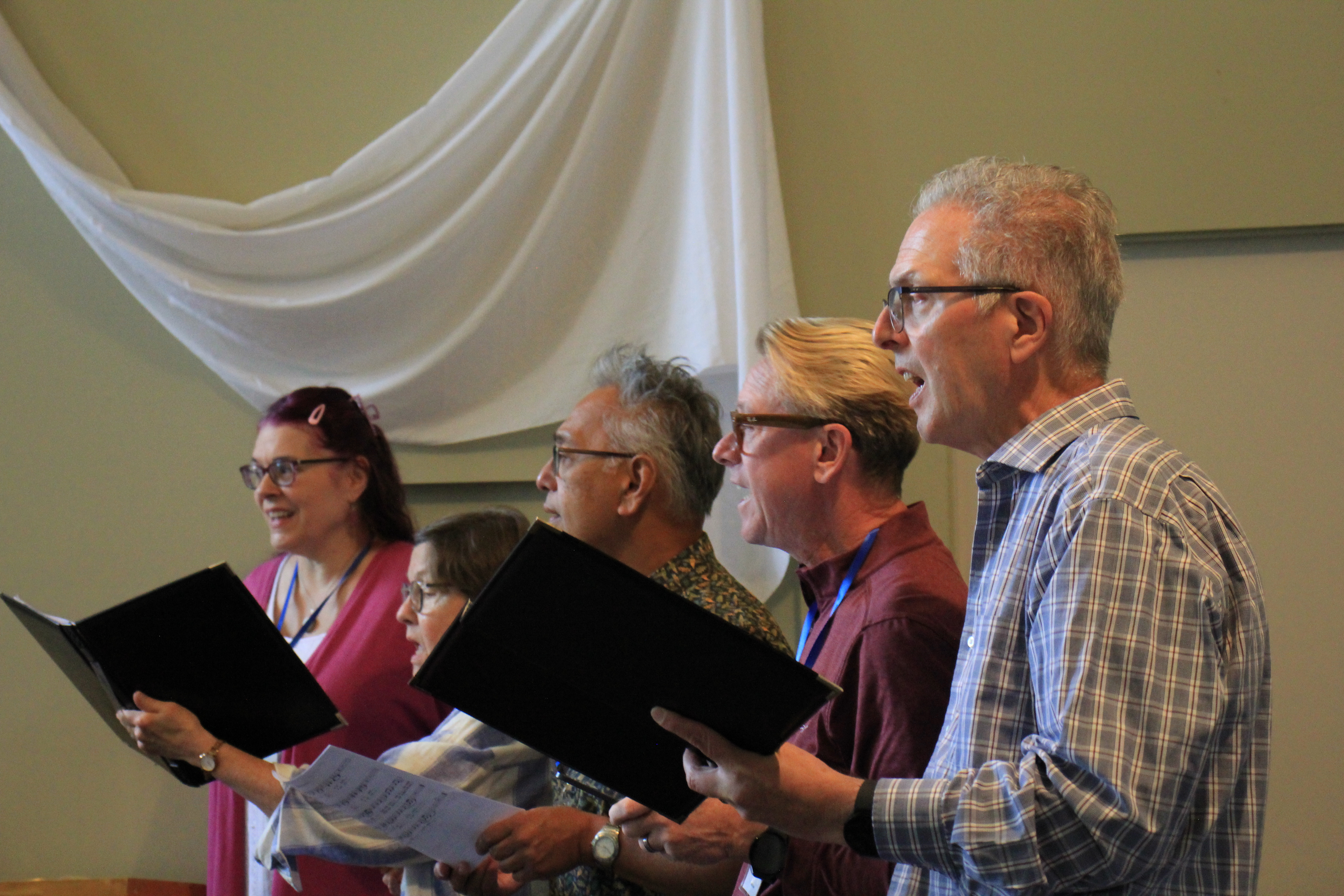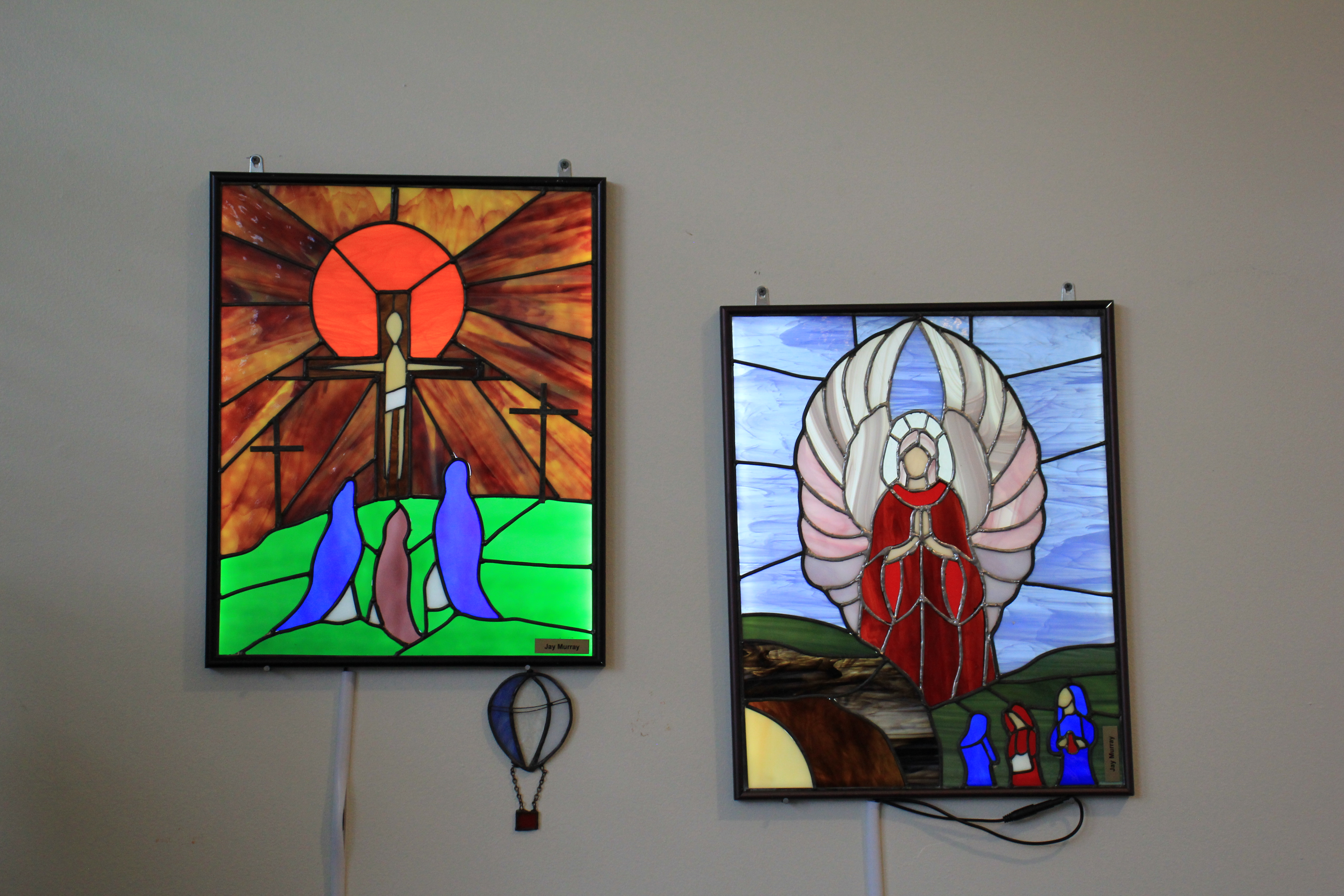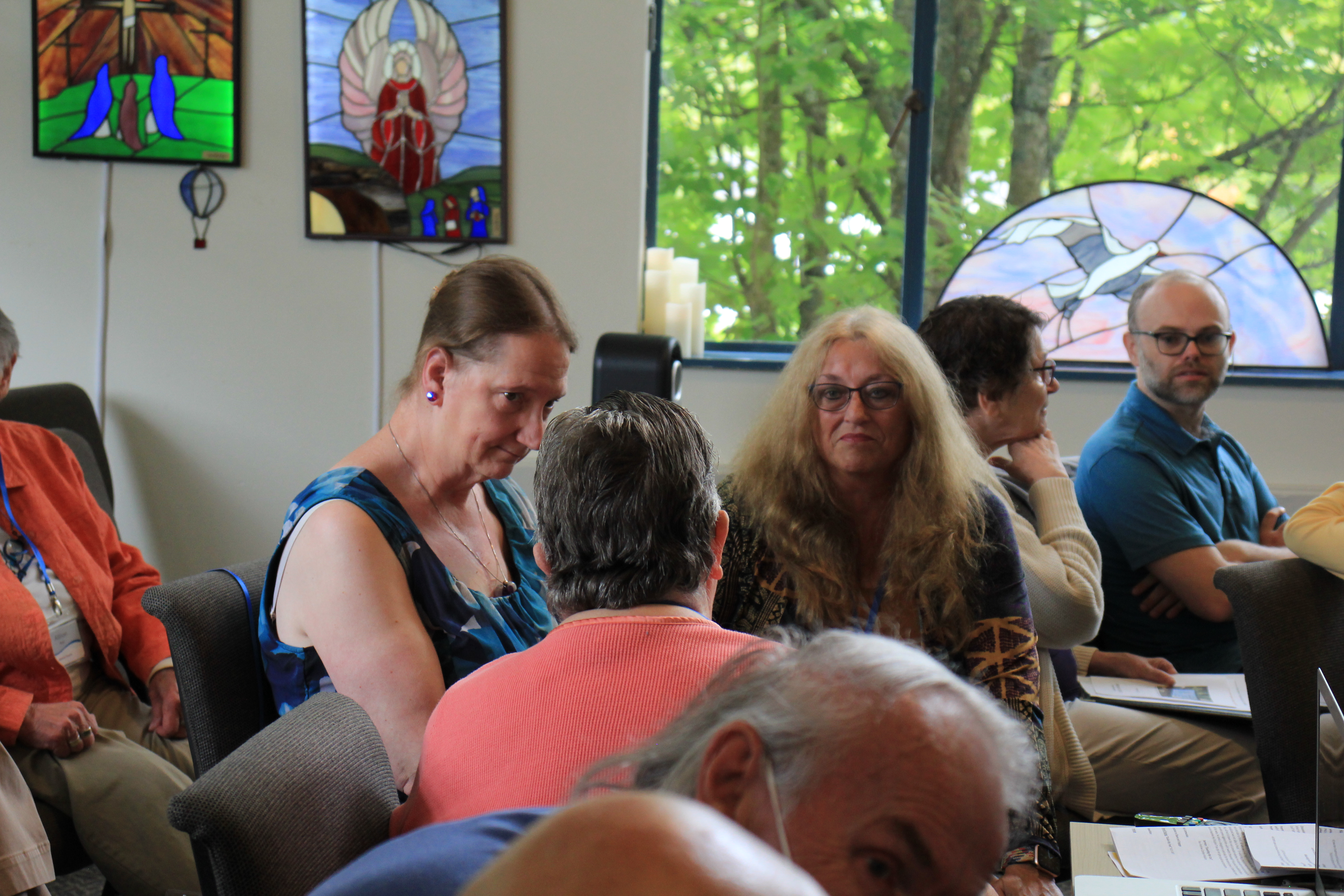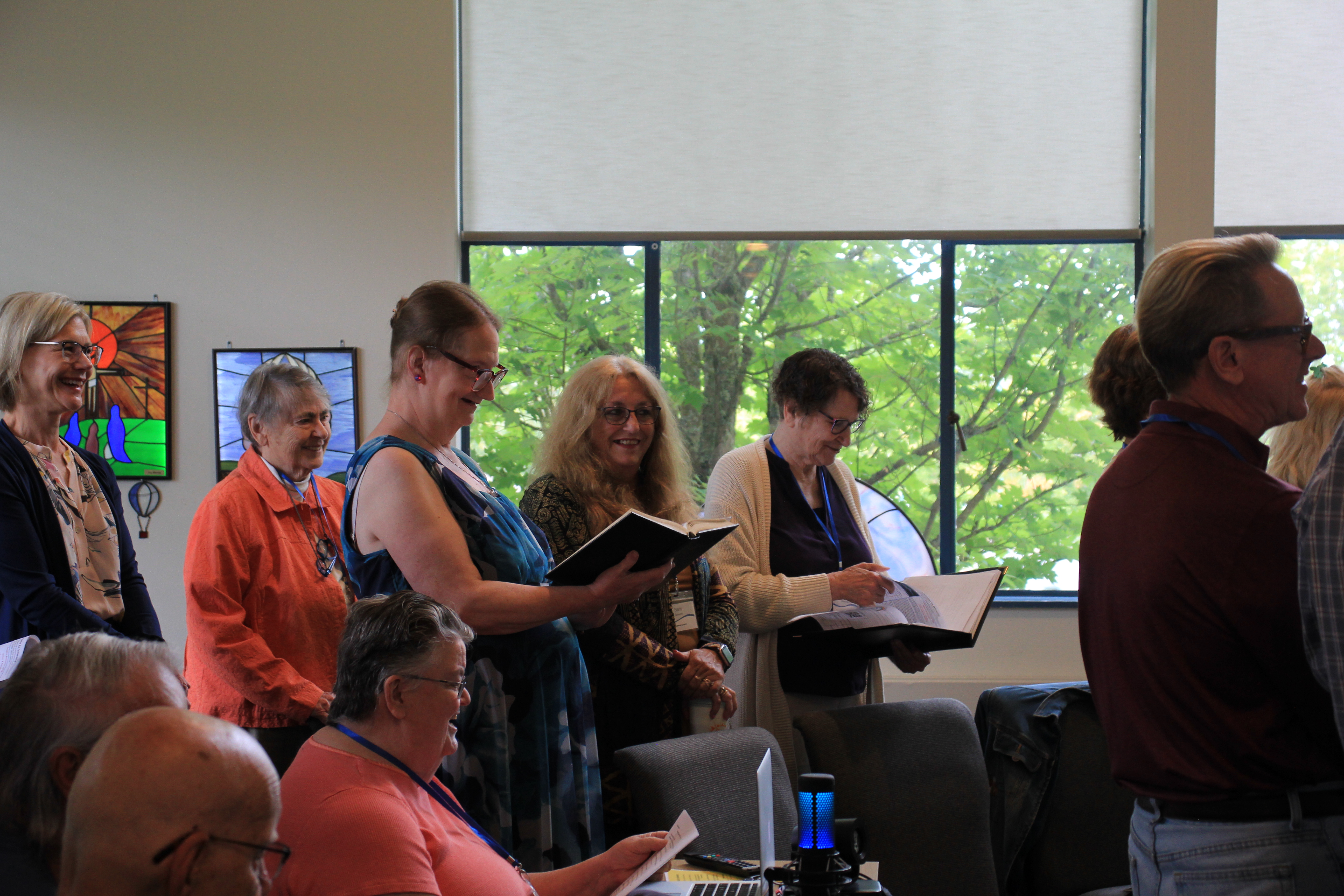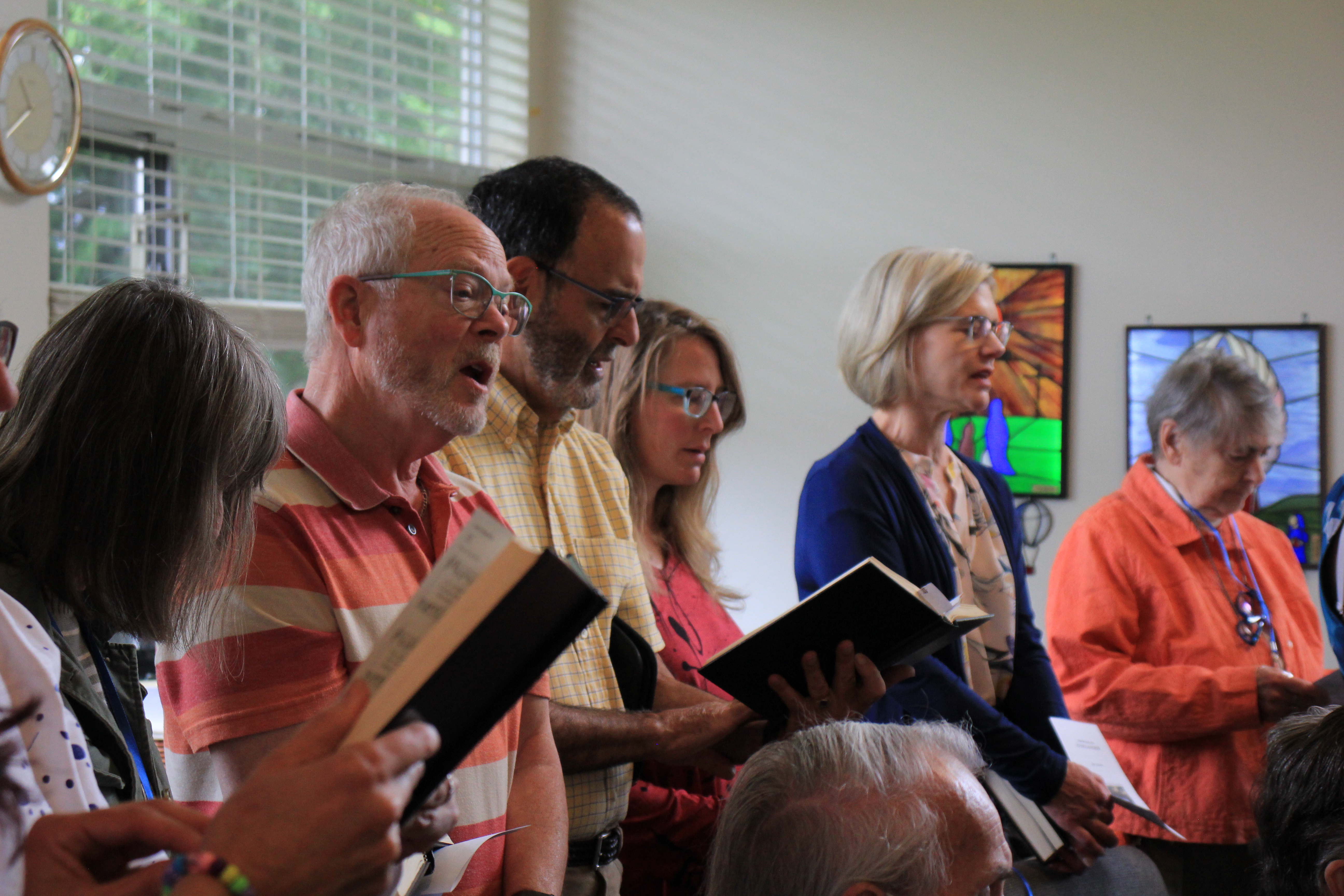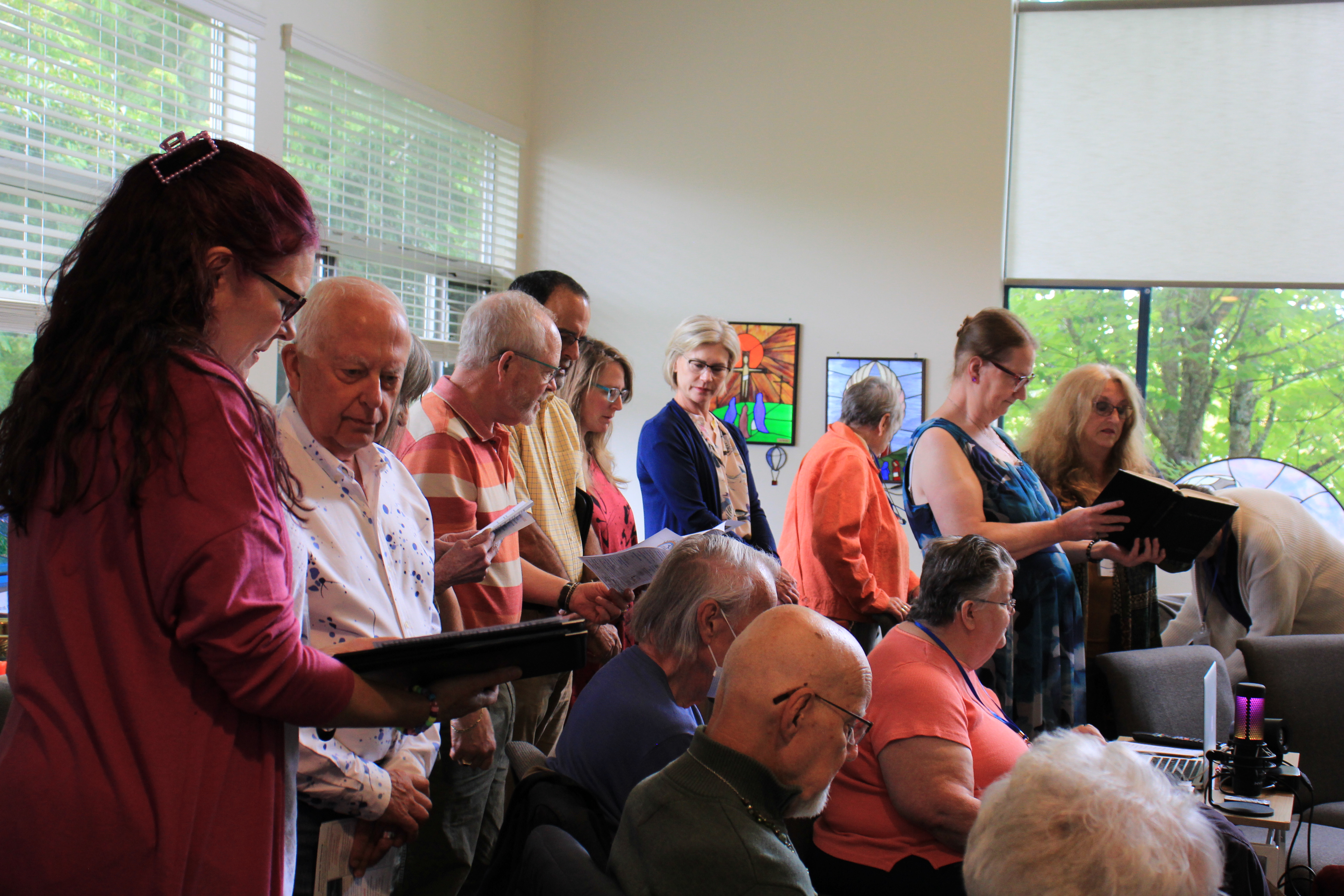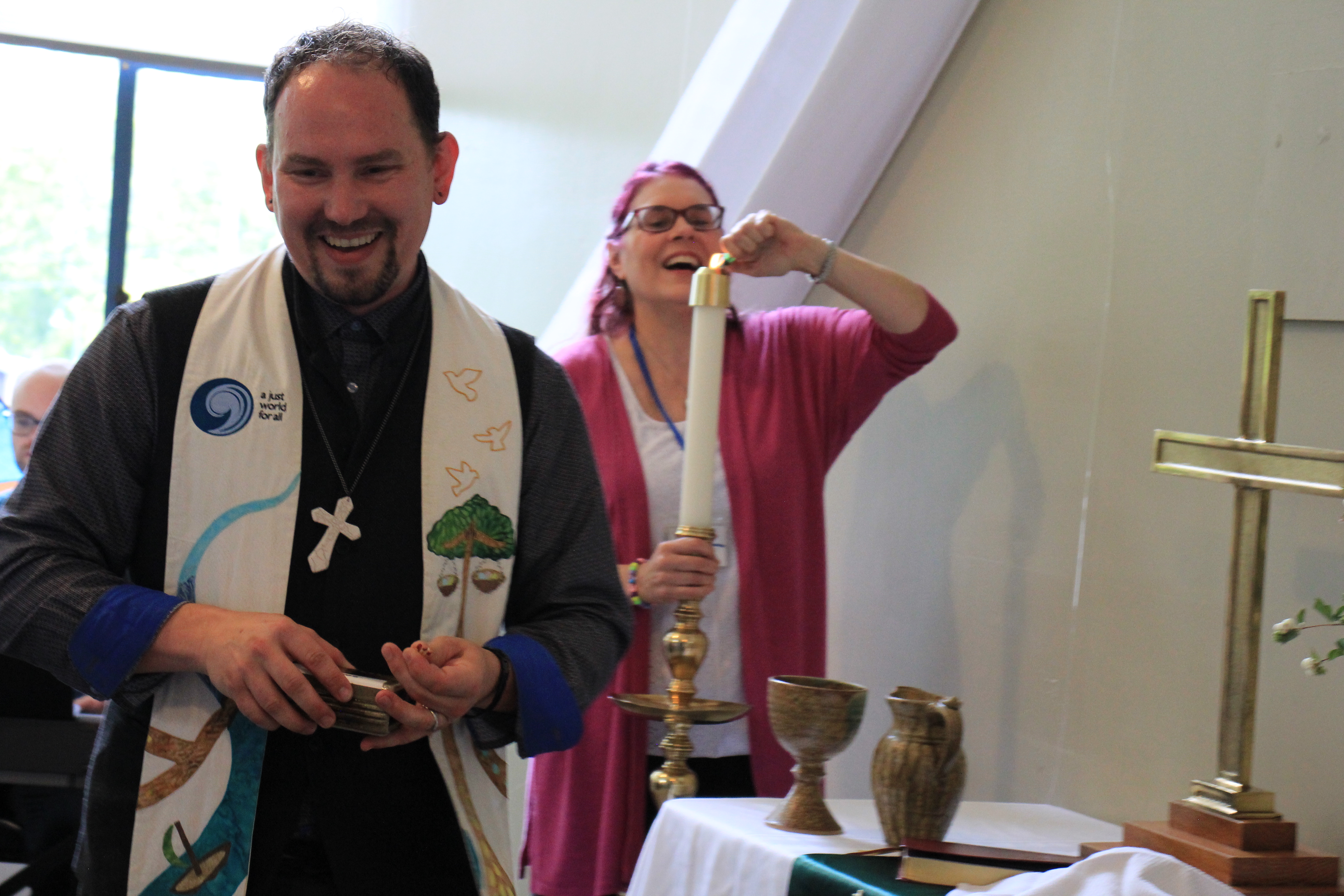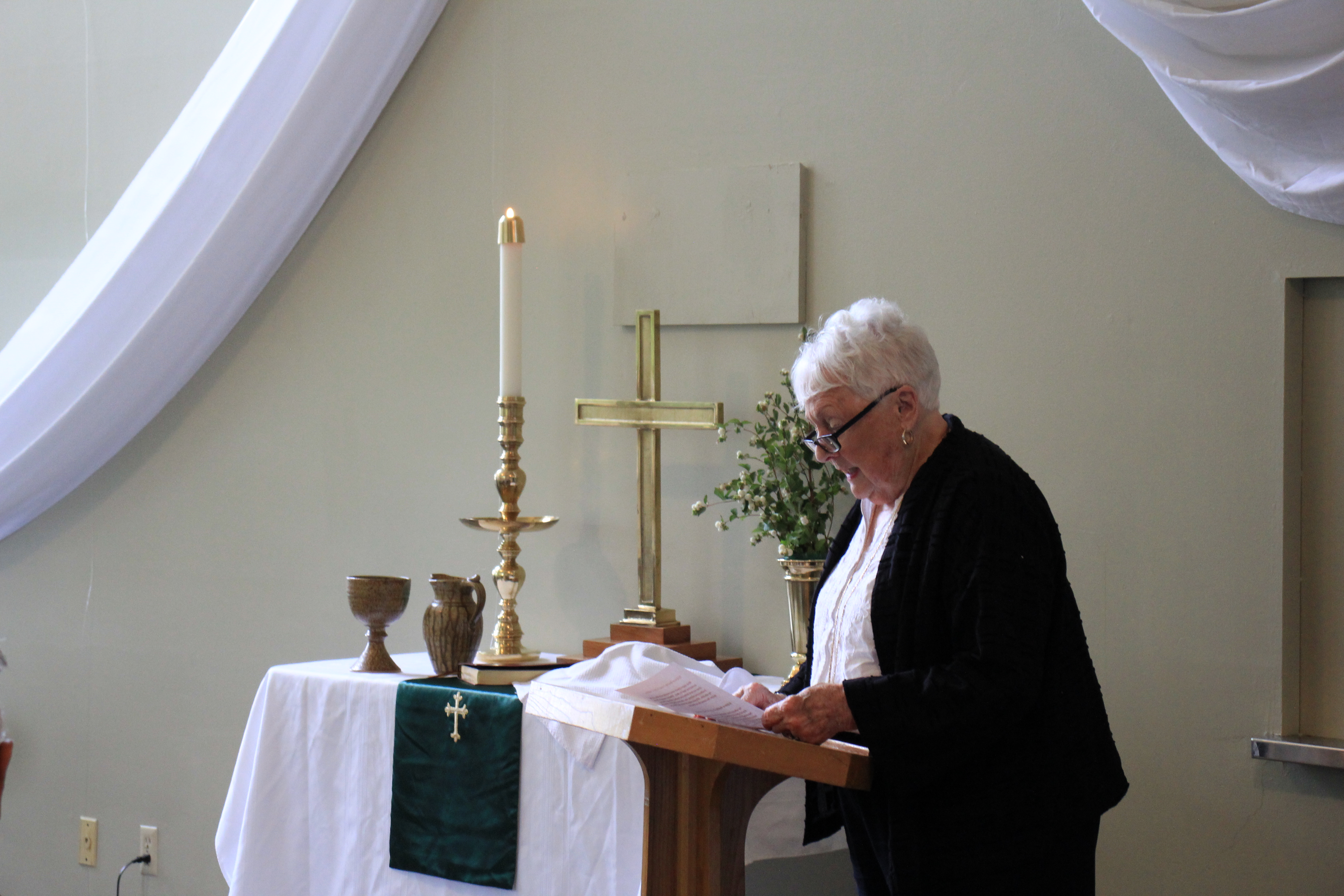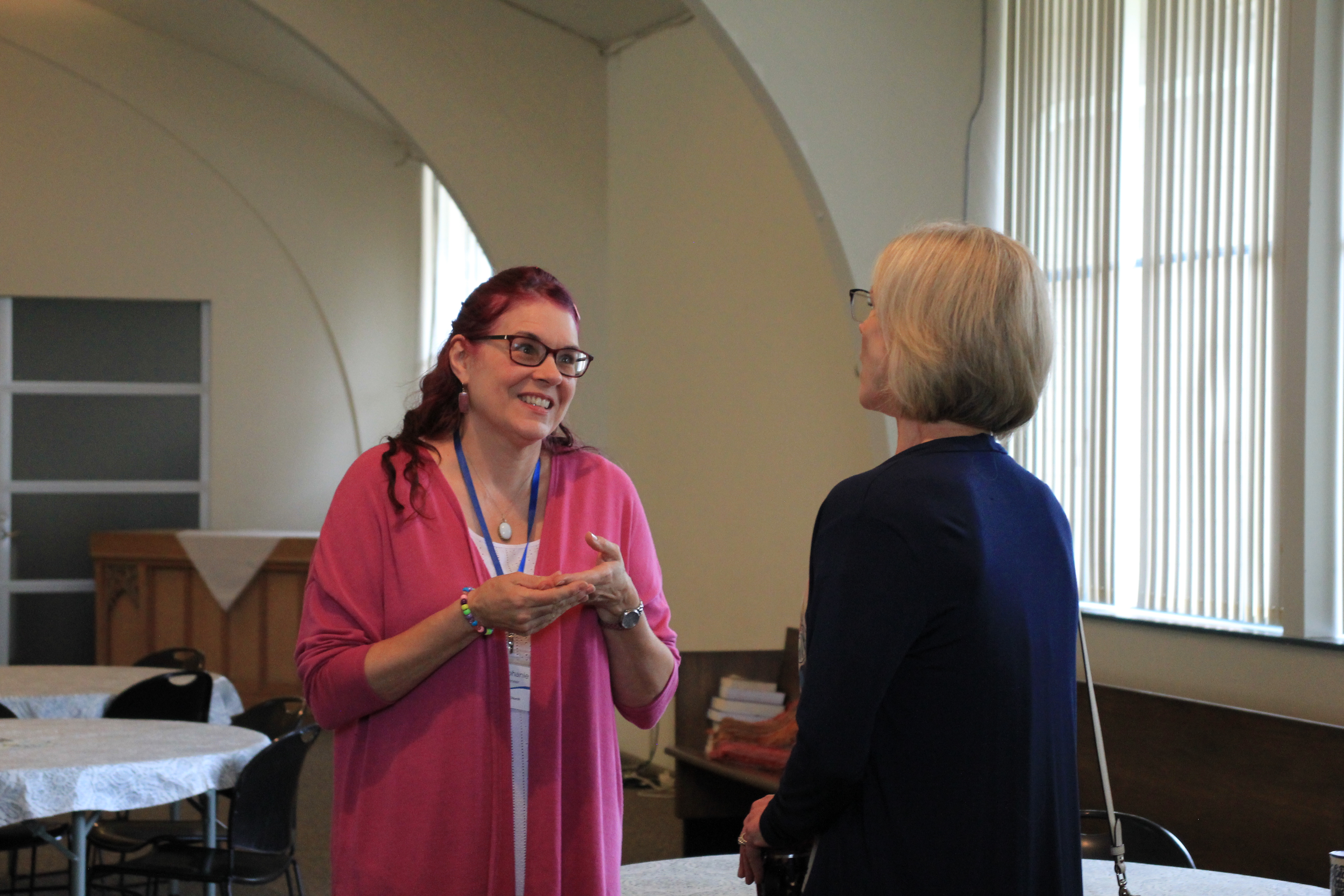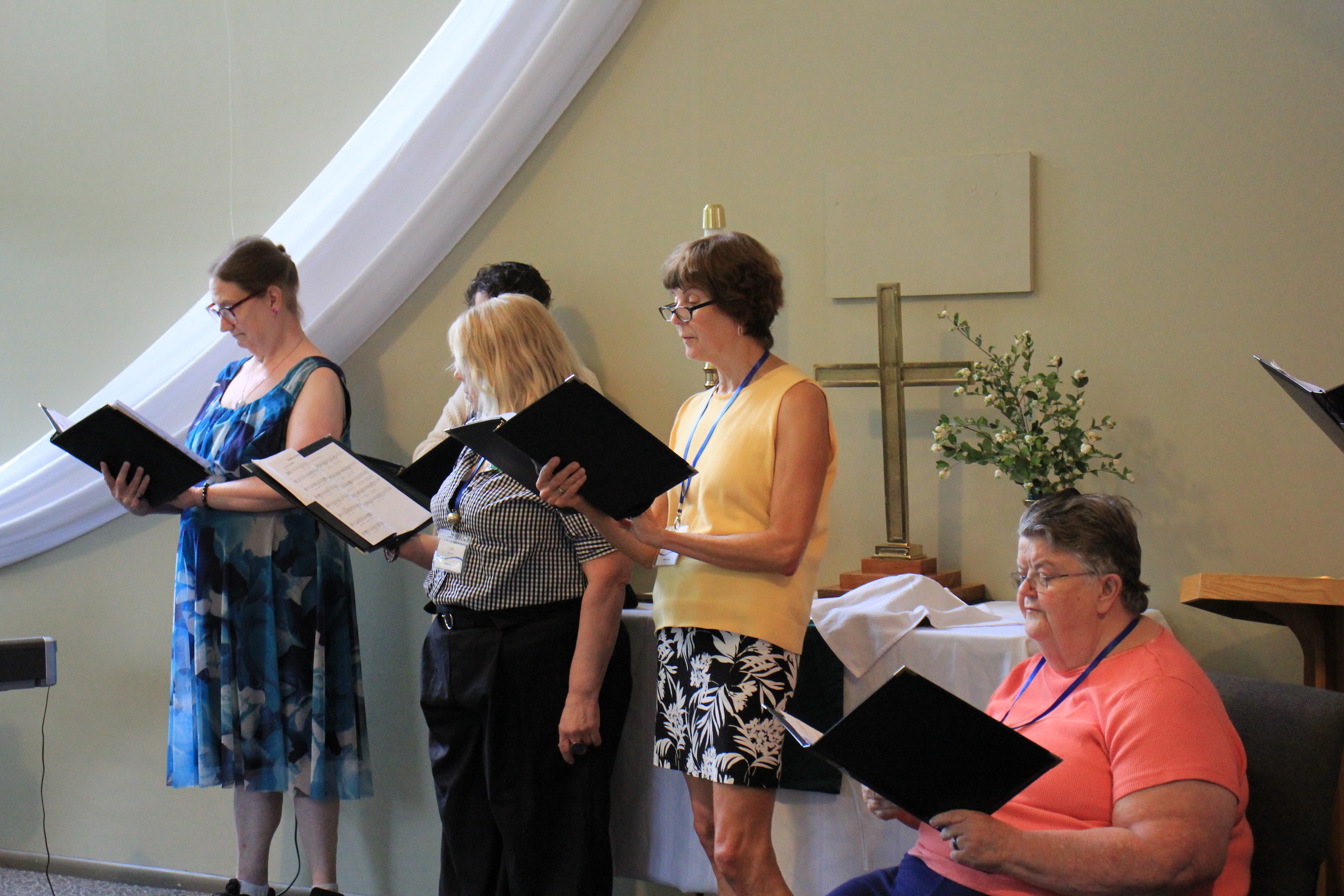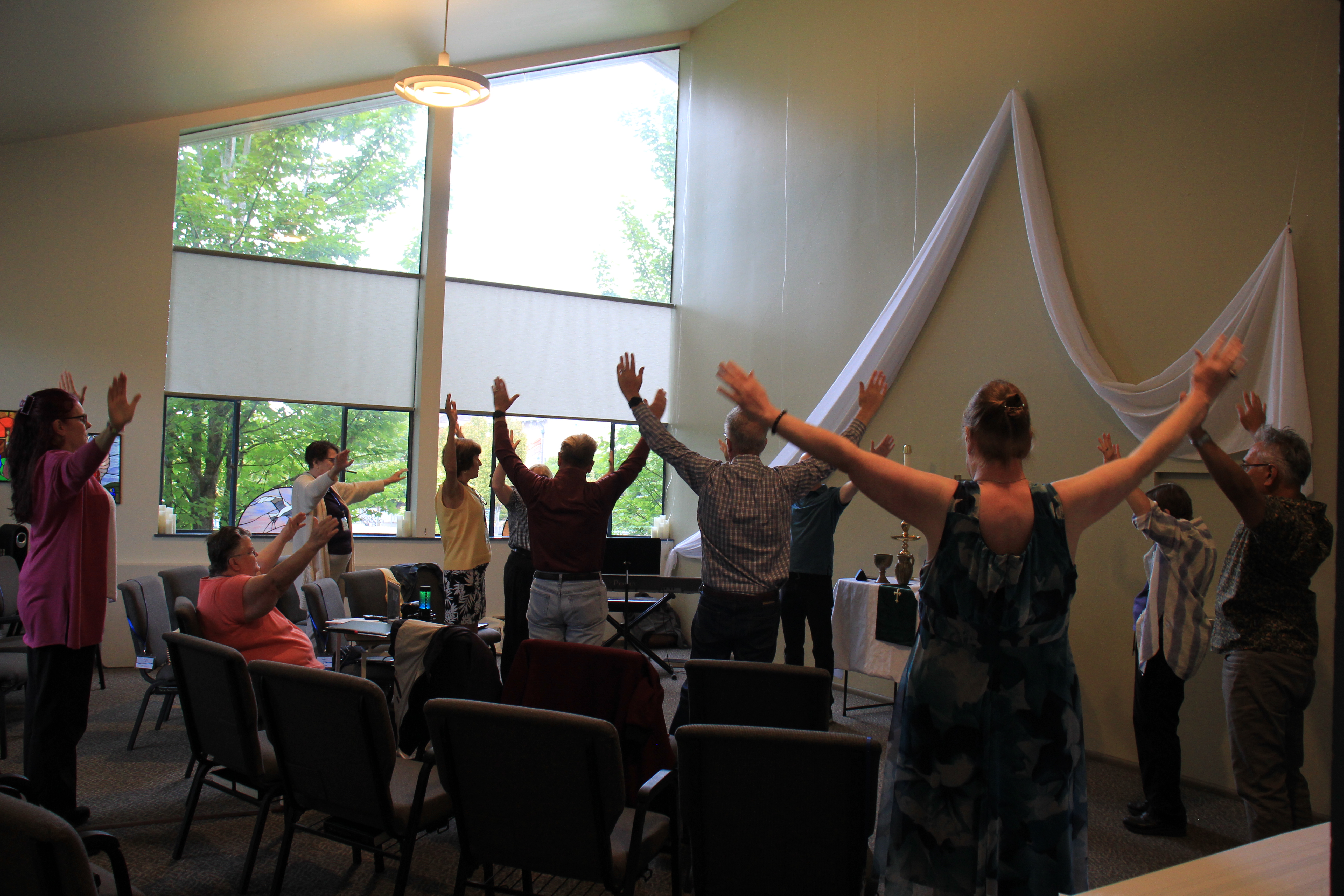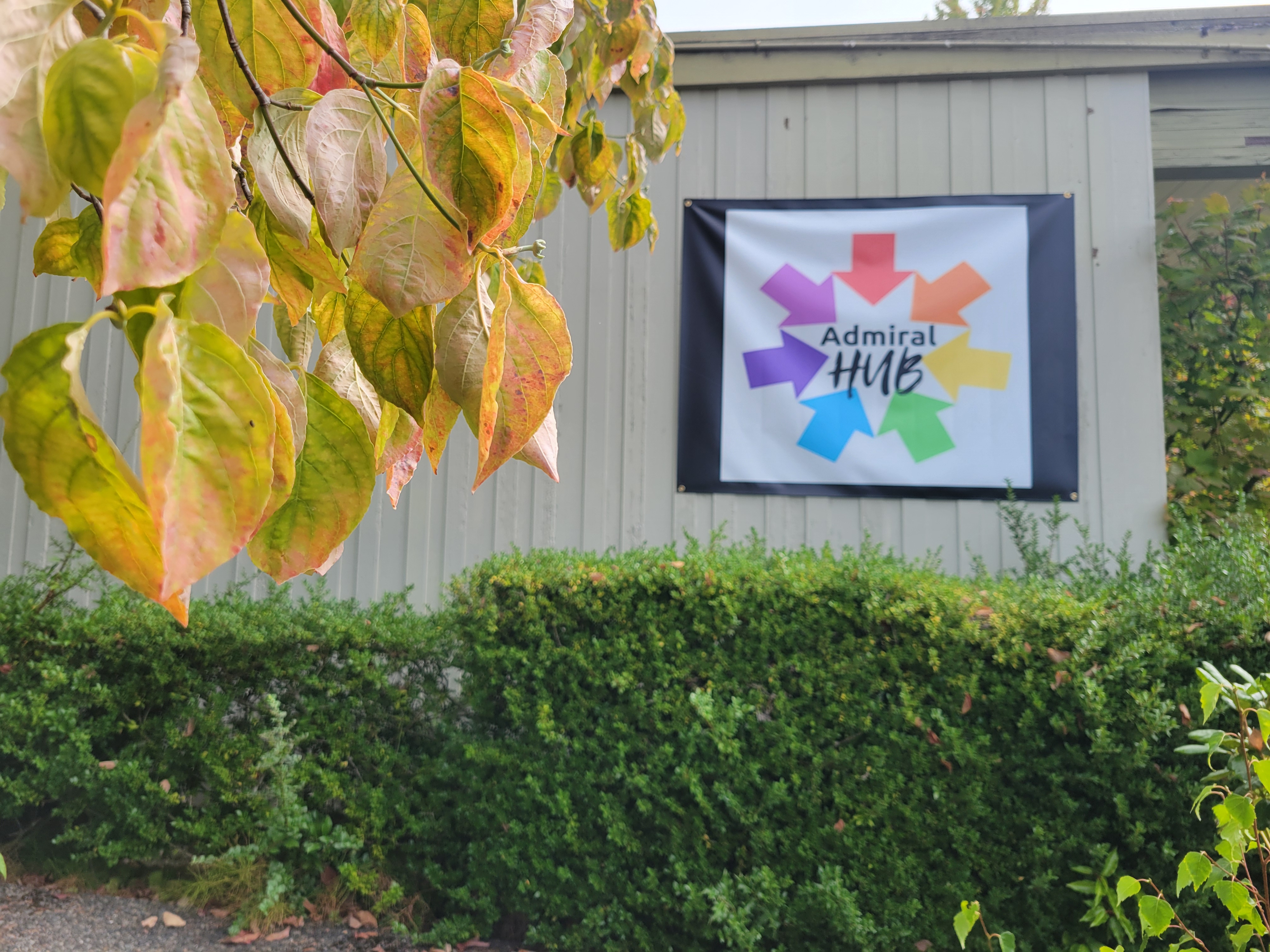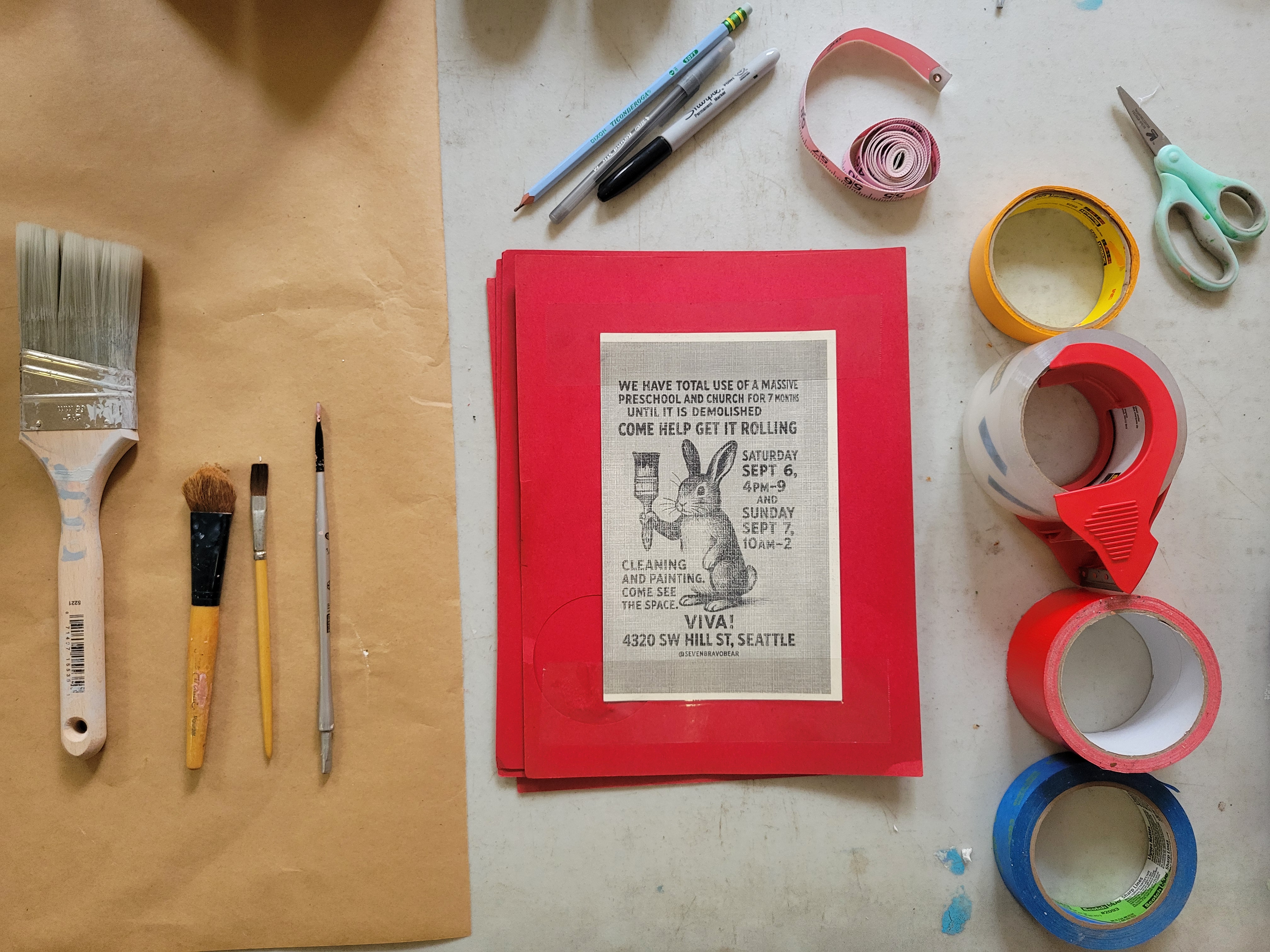Our Basis for Forgiveness & Our Mandate for Responsibility
The core teaching of my ministry is the inherent dignity and worth of all people. Some folks encounter this teaching as almost too simple, while others experience it as wildly radical, and most of us waffle back and forth between the two. Sometimes trusting that we are already enough, already worthy of God ’s love, always redeemed (let alone redeemable), is so profoundly difficult. Our ego self, that part of us that demands that we be separate, shows us in striking detail all the ways grace cannot be true for us. We relive our failures and disappointments easily, and this thinking can fully crowd God’s voice out. Other times we lean in to our greater self, our united and uniting self, and it fits so easily we wonder if it really creates meaningful change in the world. “How does my peace actually achieve anything?”, we ask.
Being loved by God forms both the basis for forgiveness and the mandate for responsibility. When we fully accept our belovedness, then we can trust that no act, however egregious or harmful, can negate our core worth. It is God ’s enduring forgiveness, already given, which enables us to get up, come back, and try again. Being loved by God allows us to reengage, and it demands that we learn something from our actions. God will forgive us, and people may not. The harm we cause exists separate from whatever it means about us to do harm. Even as we are forgiven by God, the healing of the harm we caused is still yet to be done. And so we live with tension: we are already forgiven and we are still responsible. Our responsibility does not negate forgiveness, and our forgiven status does not absolve us of responsibility.
This tension is the tightrope of growth; leaning too far to one side or the other will prevent us from moving forward. I worked with a couple in pre-marital counseling where an addiction had been hidden for years, only to be revealed after the proposal was accepted. The couple knew about God’s abundant grace, but was struggling to know how that would manifest in their marriage. We talked about the difficulty of encountering the harm your beloved feels without centering your own
ego-reaction to it. We talked about the need to make space for strong emotions like betrayal and fear, meeting them with compassion and tenderness. We talked about trusting God to be the author of healing - if we do the honest work of repentance. I learned so much from their vulnerability, so much I still struggle to incorporate into my own life.
We worship a God of abundant grace, a God who built an imperfect world full of incomplete people. I trust that this was fully intentional; God would rather that we learn and grow than be “perfect” and unchanging. God knows that growth is hard, and that we are easily tempted to see ourselves as separate from one another (as better or worse) when we speak and act in the world. As people of faith, we are challenged to accept this free gift of radical grace and see ourselves in turn as agents of that grace. Only then can we be participants in God’s healing work in the world. I pray that Christ’s example and His love will
continue to transform me, Admiral Church, our community and our world, that we might trust in this basis and live into this mandate.
Forgive us our trespasses, as we forgive those who trespass against us.
In grace and with hope, Pastor Andrew

